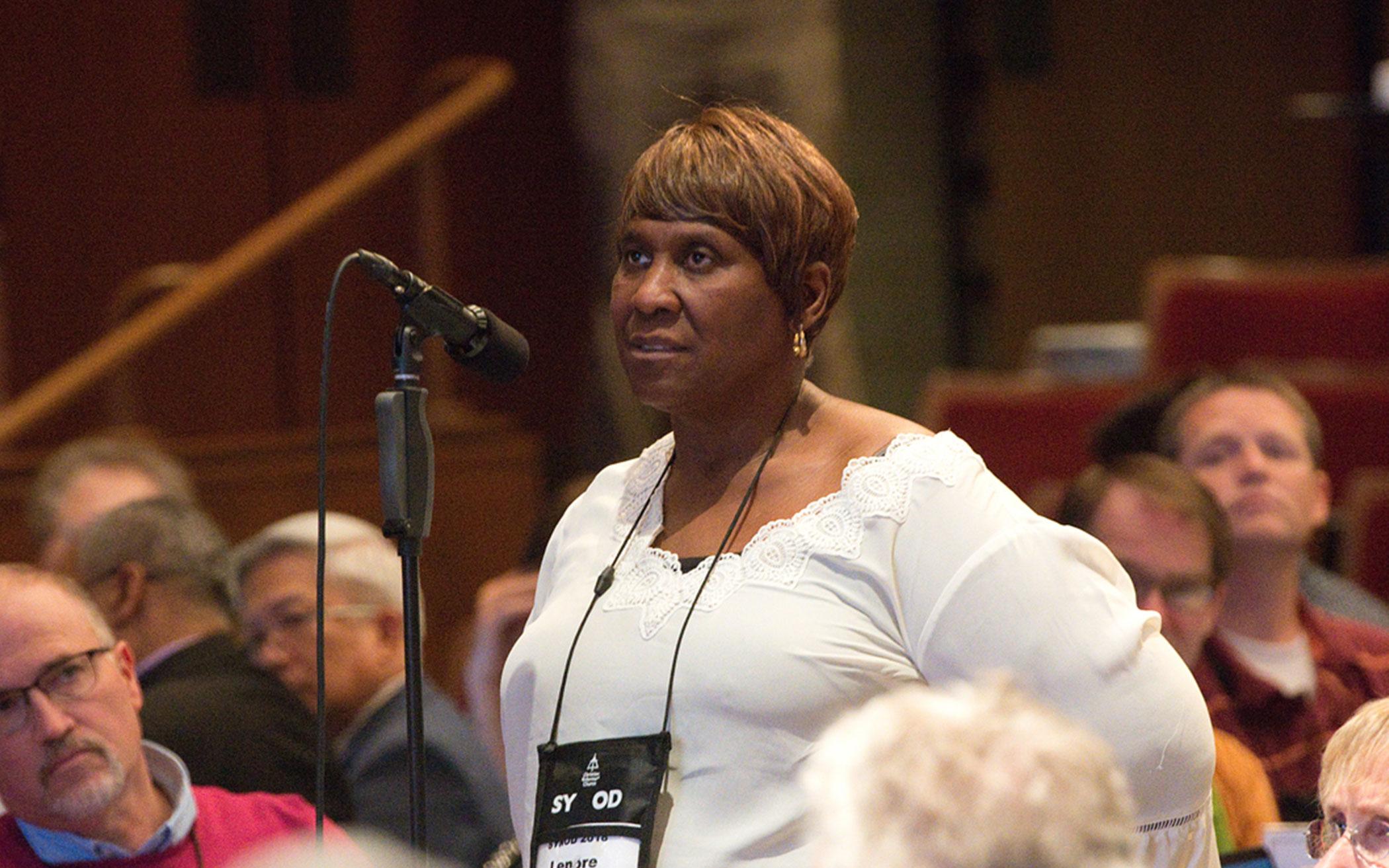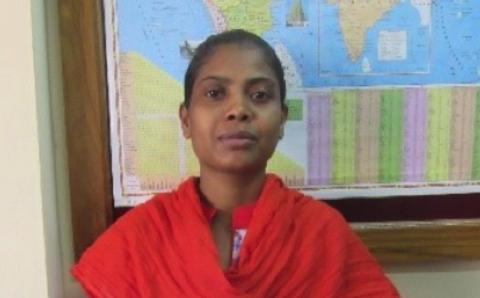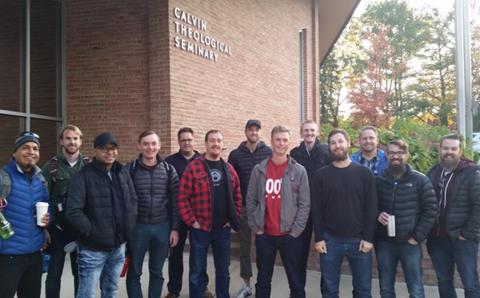Just two days after the synods (general assemblies) of the Christian Reformed Church (CRC) and the Reformed Church in America (RCA) met together in a unified and unifying worship service, the CRC synod debated whether or not to cooperate with the RCA when reaching out to other religions.
The occasion for the debate was a report from the CRC’s Ecumenical and Interfaith Relations Committee (EIRC). In the published agenda for synod, the EIRC had signaled that they were working out an arrangement with the RCA to cooperate in interreligious matters—relationships with non-Christian faiths. By the time synod met, the EIRC had received a request from the RCA to merge their two committees for this work.
Not all delegates agreed with the move. Joshua Christoffels, Classis Minnkota, objected, noting that the proposal to merge the committees had come too late for delegates to have sufficient time for review. He also wondered whether the RCA was a suitable partner for the CRC in this work, noting that “the CRCNA has different priorities and standards when it pertains to interfaith and ecumenical relationships. . . .”
Echoing Christoffels, Stephen Terpstra, Classis Zeeland, asked, “What’s the rush?” He thought this proposal would be better taken up by Synod 2019. CRC executive director Steve Timmermans answered that the proposal was “permission to figure it out.”
Jeffrey Scripps, Classis Georgetown, and Roger Sparks, Classis Minnkota, expressed doubts about the stability of the RCA. They wondered specifically if the RCA would be able to keep their pledge to fund a staff position for interreligious work.
However, others called attention to the call for unity earlier in the week. Mark Brouwer, Classis Northern Illinois, said, “I find it ironic and troubling that we say we are one, and then, when things like this come, we find reasons to slow things down.”
Lenore Maine, Classis Hackensack, added, “As the world grows smaller, we need to think bigger.” She worried about the opportunity to cooperate with the RCA slipping away: “We may not have this partner forever asking us.” She urged moving ahead with the new cooperative venture.
Stanley Jim of Classis Red Mesa brought in the perspective of a Native American. He said that every tribe has its own religion, and that there are more than 500 tribes. He suggested that interreligious work would be strengthened by the RCA’s experience in ministry with Native Americans.
For James Vanderleeuw, the proposal was a matter of having a place at the table: “We have more influence at the table if we are in the room instead of standing outside the door.” Synod agreed. It voted to authorize the EIRC to work with the RCA in interreligious matters.
Synod 2018 is meeting at Calvin College in Grand Rapids, Mich., from June 7-14. For continuous coverage while synod is in session, download the Banner app on your mobile device or follow The Banner Magazine on Facebook or @crcbanner on Twitter. You can find more tweeting by following hashtag #crcsynod. News stories will be posted at thebanner.org several times daily. For CRC Communications releases and the webcast, please visit crcna.org.
About the Author
Clayton Libolt was the long time pastor of River Terrace Church in East Lansing, Mich. Since his retirement, he has served in a variety of interim positions. He is presently serving as the interim senior pastor of Sonlight Community CRC in Lynden, Wash.









